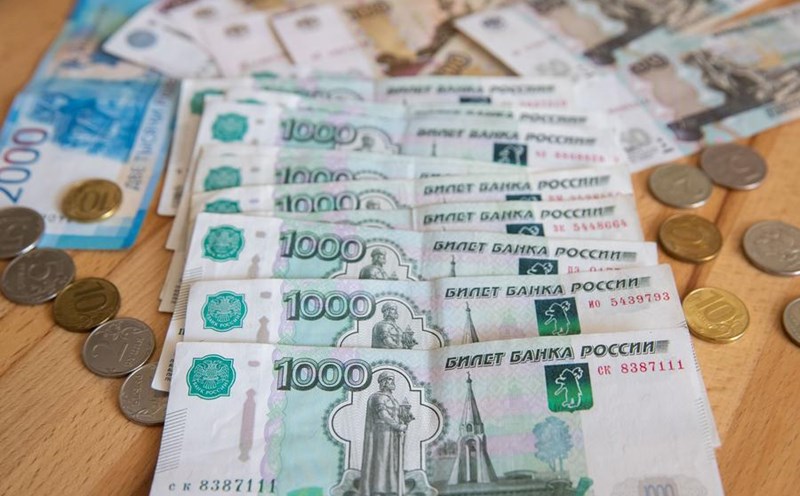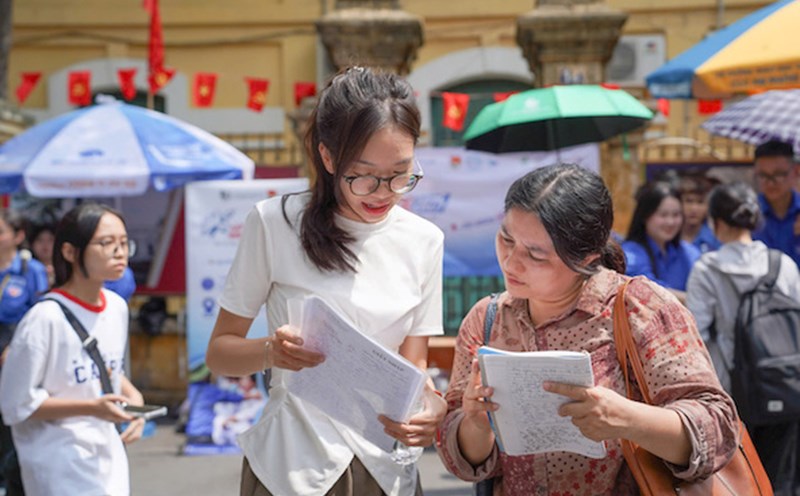The Russian economy is showing signs of stagnation and is at risk of decline if monetary policy is not loosen in time - that is the warning just issued by Mr. Boris Titov, member of the Russian presidential assembly in charge of business interests, on July 14.
Commenting on the results of the spring survey of the Institute of Economic Forecasting of the Russian Academy of Sciences, Mr. Titov said: "The results are not too surprising, but they are not really very promising".
According to the survey results, less than half of the industrial and infrastructure enterprises surveyed are still continuing to invest, down sharply compared to 64% in the same period last year. Only 35% are preparing to launch a new production line, down from 50% in 2024.
Access to credit has become more difficult, only 32.5% of surveyed businesses said they could borrow for investment, down from nearly 40% previously. The rate of enterprises investing without borrowing capital has nearly doubled - from 24% to 43.7%. In addition, there are increasing concerns about weak domestic demand.
We are seeing growth rely heavily on the quanity of previous cycles. If conditions do not change, the problem will be even more serious, Titov stressed.
" Monetary policy needs to be urgently loosened. The economy outside the defense zone is in dire need of cheap credit, the Kremlin adviser added.
In June, the Russian Central Bank cut the key interest rate by 1%, down to 20%, citing cooling inflation. This is the first cut since 2022, as the central bank tightens policy in response to the impact of Western sanctions on Russia following the conflict in Ukraine.
Despite unprecedented sanctions, the Russian economy has overcome many pessimistic forecasts. Gross domestic product (GDP) will increase by 4.1% in 2023 and 4.3% in 2024. In terms of purchasing power parity (PPP), Russia currently ranks 4th in the world, after China, the US and India.
However, warnings about the slowdown trend have begun to appear. Last month, Economic Development Minister Maksim Reshetnikov said that the economy is showing signs of cooling down and this trend will depend heavily on operating policies, especially interest rates.
The Russian Central Bank forecasts economic growth to fall to 1-2% in 2025, while the government expects a 2.5% increase.
With weak domestic demand, limited credit and defense spending still the main drivers, Russian officials are under increasing pressure to facilitate the private sector.
The latest call from Titov shows that the Kremlin is concerned about the medium-term outlook for the economy if there are no timely policy adjustments.











